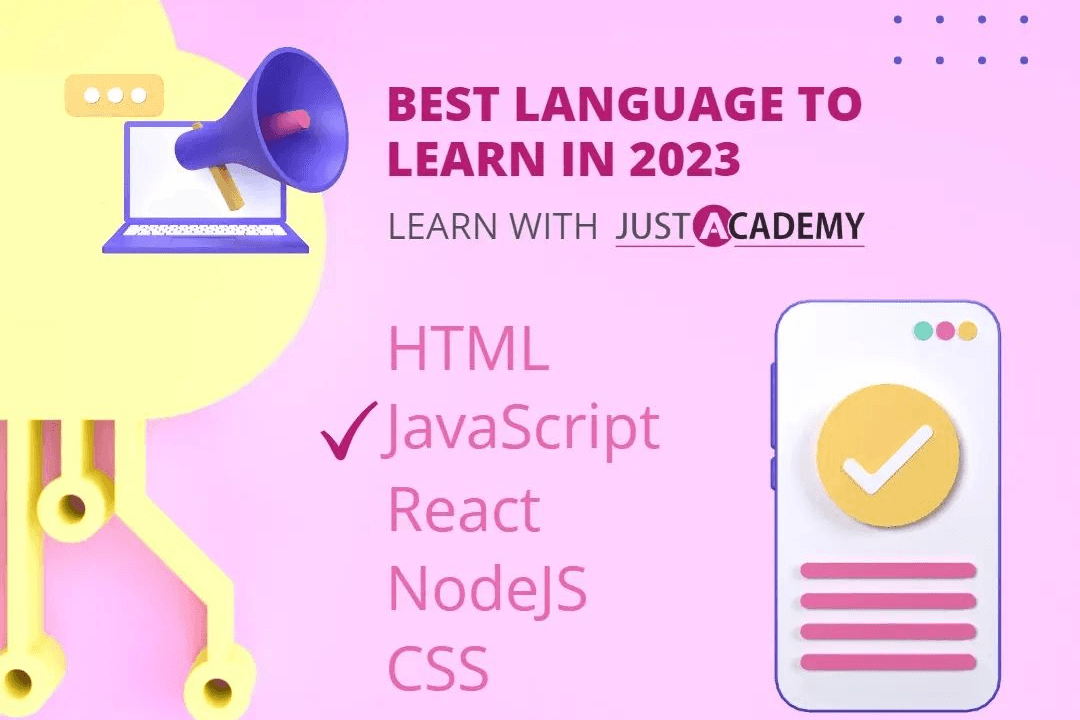MongoDB vs MySQL Performance
MongoDB vs. MySQL: A Comparative Performance Analysis
MongoDB vs MySQL Performance
MongoDB is known for its high performance and scalability with its flexible document-oriented data model, which enables faster read and write operations. It excels in handling large volumes of unstructured data and can easily scale horizontally. On the other hand, MySQL is a traditional relational database management system known for its robustness and strict ACID compliance, making it suitable for transactional applications. While MySQL is optimized for complex queries involving multiple tables, MongoDB is more efficient in managing high-speed inserts and updates. Ultimately, the choice between MongoDB and MySQL depends on the specific requirements of the application, with MongoDB offering better performance for certain use cases that require scalability and flexibility.
To Download Our Brochure: https://www.justacademy.co/download-brochure-for-free
Message us for more information: +91 9987184296
1 - MongoDB is generally considered to offer better performance for large scale applications with high volume data, due to its flexible document based structure that allows for faster data retrieval compared to MySQL's traditional relational database model.
2) MongoDB's use of sharding and replication mechanisms enables horizontal scalability, making it well suited for distributed systems needing to handle a large amount of data and high write throughput.
3) MySQL, on the other hand, is known for its strong performance in transactional operations and complex queries, particularly in scenarios where data consistency is critical.
4) MySQL's support for traditional, normalized relational data makes it a popular choice for applications that require robust ACID (Atomicity, Consistency, Isolation, Durability) compliance.
5) MongoDB's schema less design provides greater flexibility in data modeling and schema evolution, making it easier to adapt to changing requirements without disrupting performance.
6) MongoDB's use of JSON like documents allows for storing complex data structures in a single record, reducing the need for joins and potentially improving query performance.
7) MySQL's mature query optimizer and indexing capabilities make it efficient for handling complex queries involving multiple tables and relationships.
8) MongoDB's indexing strategies and aggregation framework are optimized for high speed queries, especially on large datasets, which can lead to improved performance in analytics and data processing tasks.
9) MySQL has a long history of optimization and tuning techniques available to database administrators, allowing for fine tuning performance based on specific workload requirements.
10) MongoDB's native support for geospatial queries and indexing makes it a preferred choice for location based applications with spatial data processing needs.
11) MySQL's support for various storage engines (such as InnoDB, MyISAM, and Memory) offers administrators the flexibility to choose based on specific performance and storage requirements.
12) MongoDB's in memory computing capabilities, like the WiredTiger storage engine and in memory storage engines, can further enhance performance for applications requiring high speed data processing.
13) MySQL's query caching mechanism can improve read performance for frequently accessed data, reducing the need to repeatedly fetch information from disk.
14) MongoDB's automatic sharding and built in horizontal scalability features simplify the process of scaling out a database system as data volume grows, ensuring consistent performance across a distributed environment.
15) In conclusion, the choice between MongoDB and MySQL for a training program should be based on the specific requirements of the student projects, considering factors such as data structure, scalability needs, transactional consistency, and query complexity to determine the most suitable database system for optimal performance and efficiency.
Browse our course links : https://www.justacademy.co/all-courses
To Join our FREE DEMO Session: Click Here
Contact Us for more info:
Hire Dedicated Flutter Developer
Difference between Entity Framework and ASP NET
Cheapest online iOS training institute in Ernakulam
Flutter Training in Sikar
Flutter Training in Kaithal











